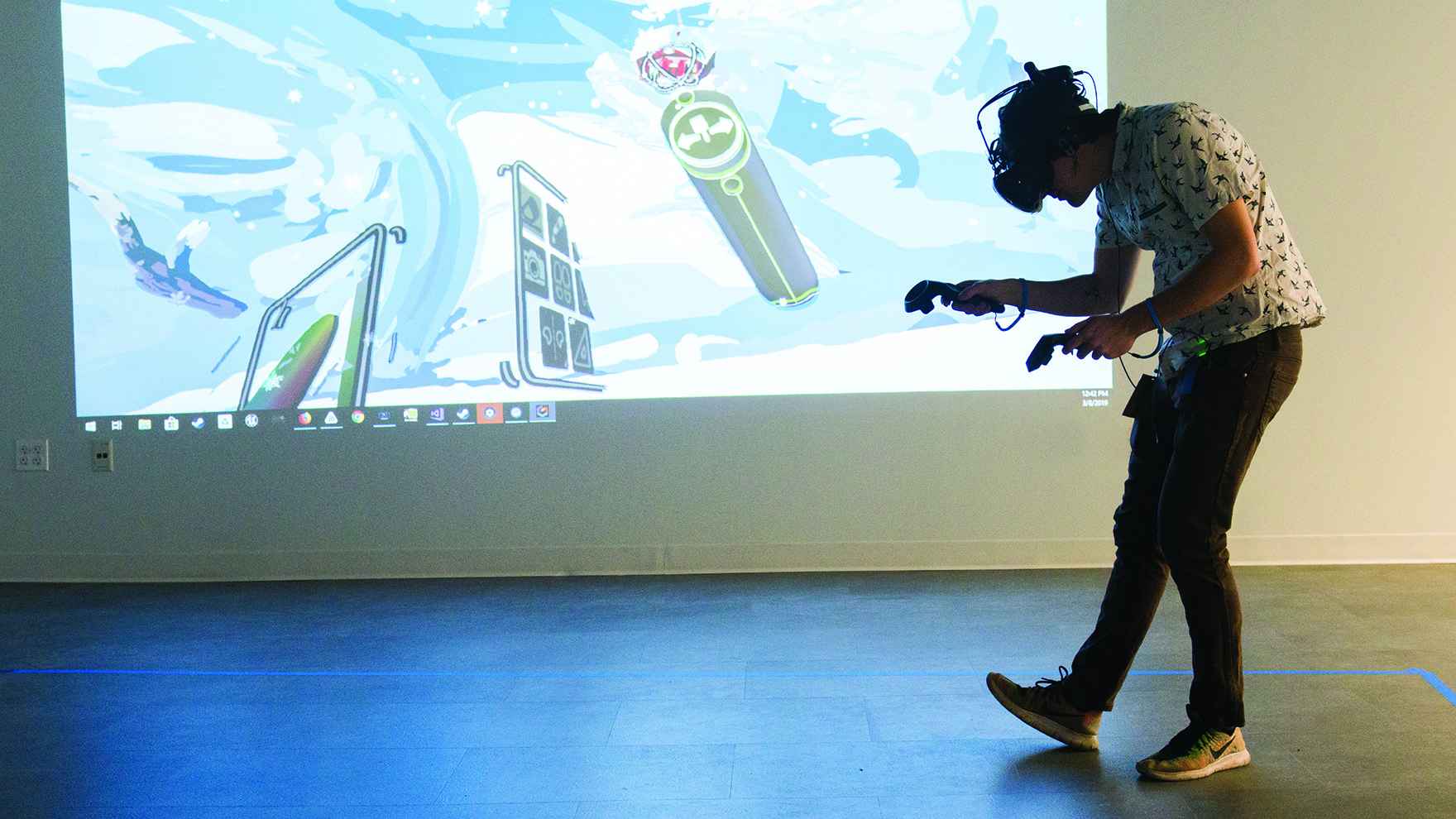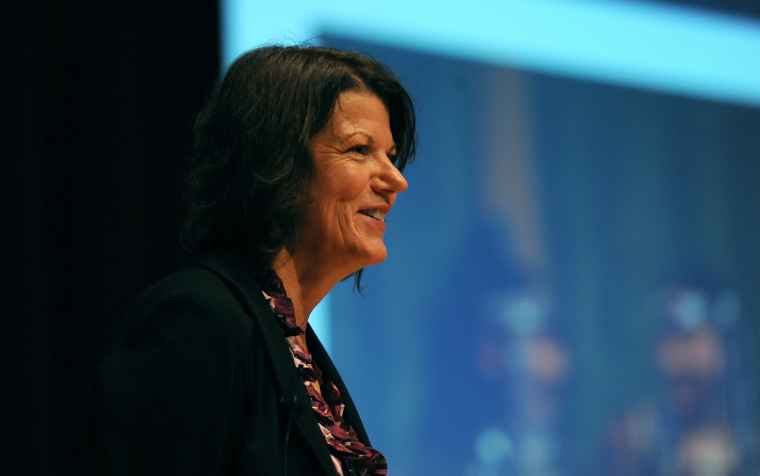Stuart M. Tave, distinguished scholar of British literature and ‘amiable humorist,’ 1923-2026
Former dean of the Humanities Division remembered for his gentle kindness, skill with words and shrewd sense of humor
MacArthur Foundation supports UChicago initiative to explore future of the humanities
Neubauer Collegium project to articulate value of humanistic scholarship and teaching in higher education and society.
Arts & Humanities Day 2025 sparks citywide conversation
Event brought UChicago scholars together with visiting artists to explore the art and ideas that are central to our lives.
Theaster Gates redeems discarded materials in Smart Museum’s ‘Unto Thee’
Objects spanning UChicago’s history take new form in renowned artist’s first solo Chicago exhibition.









